The late Dom Hélder Pessoa Câmara (1909-1999), Archbishop of Recife, Brazil, once famously remarked that “When I give food to the poor, they call me a saint. When I ask why the poor have no food, they call me a communist.”
The urgency and irony of this situation in the case of hunger is striking, yet school music teachers also frequently find themselves in a similar situation with regard to music, which they freely share with students who are musically deprived, often lacking even the most basic knowledge of songs and rudimentary techniques for creating meaningful sounds. Such teachers politely avoid any explicit acknowledgment that these kinds of problems are mostly due to insufficient parental involvement - spanning generations - that gradually leads to the extinction of amateur music making as a socially integral practice.
Contemporary music teachers earnestly struggle to overcome the de-musicalization of a society that rewards commercialization and the gratification of individual greed (a value usually passed on from busy parents to children reared on television ads), and promotes an increasingly efficient miseducation guided by standardized test scores and the kind of trivia that enable people like Glenn Beck and Paris Hilton to become identified as important voices of their generation. Music naturally seems out of place within any education that offers so little room for promotion of altruism, critical thinking or creative achievement, and is therefore targeted by school systems as an unnecessary expenditure in a thoroughly commercialized society.
What can be done?
Fortunately, this phenomenon of de-musicalization is not an incurable global pandemic, although it may sometimes appear to be so. In fact, it is preventable, but requires systemic intervention at all levels of formal and informal education, from prenatal and early childhood programs through even activities offered at retirement facilities. It requires that the field of music education, and its ultimate mission, be viewed more broadly: lifelong, lifewide, inclusive of an array of genres, practices and locations that extend far beyond the strictures of traditional schools.
Still, those who participate in such educationally deviant activities may find themselves labeled “musical” and viewed with suspicion as an “eccentric artist”, perhaps even listed as a “person of interest” for inciting the public production of communal sounds. Indeed, we must recognize that such communal musicalizers are already among us, lurking beside park benches, in community centers, playgrounds, summer camps, in churches and synagogues, maybe even directly teaching young children and their mothers, thereby resisting the spread of de-musicalization. Perhaps, in time, even a priest or poet may be inspired to write “A spectre is haunting








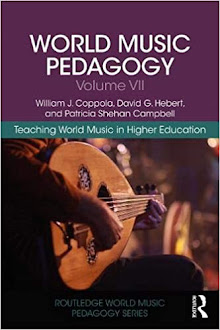
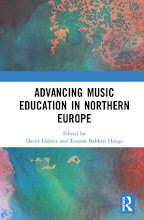
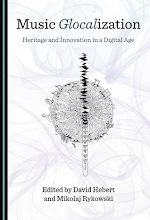




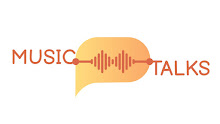
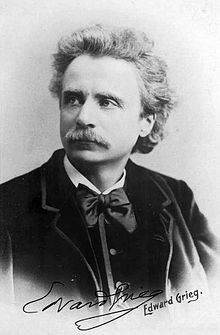



2 comments:
This is a well-written and though-provoking article. Thanks for posting.
David, so true. This deserves to be shared with my colleagues. Thanks for posting it.
Post a Comment